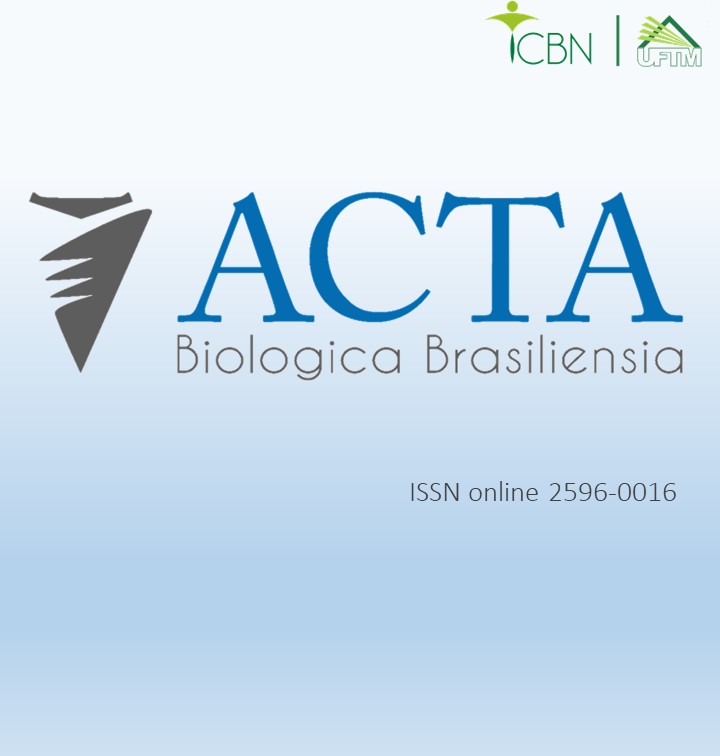GESTÃO E GERENCIAMENTO DE SOLUÇÕES PARENTERAIS DE GRANDE VOLUME
DOI:
https://doi.org/10.18554/acbiobras.v5i2.7225Palavras-chave:
Análises químicas, Estabilidade glicofisiológica, Resíduos hospitalares, ReusoResumo
O avanço da medicina refletiu na melhoria da qualidade da vida em relação aos tratamentos e procedimentos na área de saúde e estética. Contudo, leva também ao aumento do volume de resíduos gerados, que dispostos de forma inadequada, degradam o meio ambiente e expõem a população a riscos de saúde. O objetivo do estudo foi avaliar a gestão e o gerenciamento das Soluções Parenterais de Grande Volume (SPGV): soluções de Ringer; glicofisiológicas; e para diálise, no Hospital de Clínicas da Universidade Federal do Triângulo Mineiro (UFTM). A avaliação da gestão foi realizada por meio de um roteiro de observação, baseado na legislação vigente, e por meio da aplicação de questionário aos servidores do HC-UFTM. As SPGV foram identificadas quanto aos lotes, prazos de fabricação e validade. Foram realizadas análises químicas por métodos analíticos (análises titulométricas) e instrumentais (fotômetro de chama) identificando seus eletrólitos constituintes, com posterior análise microbiológica. Foram inventariadas 6,3 toneladas de SPGV vencidas. As análises químicas mostraram que não houve diferença significativa (p<0,05) para as concentrações de eletrólitos presentes nas amostras vencidas e não-vencidas. Relatou-se ausência de crescimento microbiano. A análise dos questionários mostrou que 28% dos profissionais de saúde desconhecem os resíduos do grupo B, enquanto 37% dos participantes alegam desconhecer a legislação específica sobre resíduos de serviços de saúde e o Plano de Gerenciamento de Resíduos de Serviços de Saúde (PGRSS) do HC-UFTM. Os dados indicam falha no sistema de gestão, gerenciamento e destinação dos resíduos.






